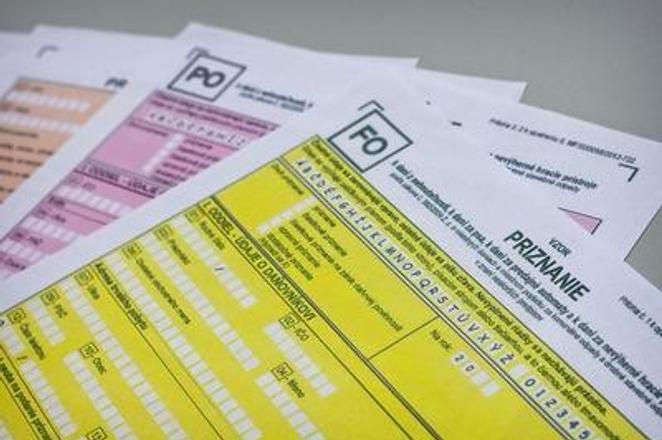The much-awaited reduction in corporate tax from 22 to 21 percent was passed in parliament, however, some other provisions and levies were changed as well, and so the resulting sum to be paid will be a compromise.
The reduction was approved within an amendment to the income tax law on November 23. The mandatory health insurance contributions from dividends were also scrapped and replaced with a tax totalling 7 percent. In line with the Finance Ministry-sponsored amendment, firms are set to pay lower taxes as of next year.
“The amendment is aimed at improving the business environment and increasing the motivation to pay taxes,” the TASR newswire quoted the ministry’s report. In addition to reducing corporate tax, taxation relating to dividends will be changed as well. It will no longer be obligatory to pay health insurance contributions stemming from them. Following an agreement with employers, the Finance Ministry has set a tax on dividends at 7 percent. Originally, the ministry proposed a 15-percent tax on dividends, while employers were pushing for a 5-percent rate.
Retroactive dividend taxation which was heavily criticised by employers will be abandoned as well.
The amendment also increases the cap for the flat rate expenditures of self-employed people. In line with the new rules, the self-employed will be able to claim for flat rate expenditures reaching up to 60 percent of total costs, with a maximum amounting to €20,000 annually.

Moreover, the amendment is set to toughen sanctions if the result of a taxpayer’s activities is a deliberate circumvention of a tax obligation. Conversely, sanctions for taxpayers should be eased if they pay their fines on time.
The ministry explained the adoption of these measures by pointing to the need to fight tax evasion. “These are measures aimed at combating tax evasion and letterbox companies,” it stated, as quoted by TASR.
How this will apply in practice
Experts opine that flat rate expenditures will be profitable for business people and the self-employed with minimum expenses and it would not be good for them to collect receipts – like those who offers services and do not have employees, or a team, the Sme daily wrote.
These changes will fully apply, however, only in 2018, as tax returns for the year 2017 will be filed in March 2018 – the first year of effectiveness of the new rules. In March 2017, the current rules will still apply.



 Tax returns, illustrative stock photo (source: Sme)
Tax returns, illustrative stock photo (source: Sme)